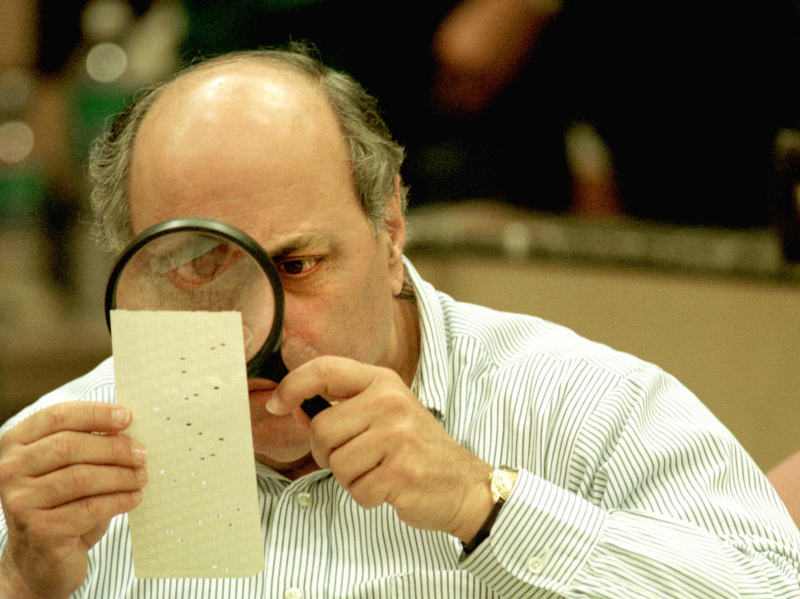The Canceled Florida Recount Was Crucial To Bush's Victory.

Top 3 in Top 10 Facts about George W. Bush
Next one in the list of facts about George W. Bush is that the canceled Florida recount was crucial to Bush's victory. In the year 2000, Republican George W. Bush defeated Democratic Vice President Al Gore to win the presidency of the United States. The Bush v. Gore ruling by the Supreme Court, which prevented a recount in Florida, was crucial in the closely contested election. The Florida Supreme Court ordered a statewide recount of all undervotes—more than 61,000 ballots that the voting machines missed—on December 8. The Bush campaign formally requested that the U.S. Supreme Court postpone the ruling and put an end to the recount. Justice Antonin Scalia encouraged his colleagues to grant the stay right away because he was certain that the manual recounts being conducted in Florida's counties were invalid.
On December 9, the Court's five conservative justices accepted Bush's request for a stay, noting the "irreparable harm" that could result from the recounts casting "an unnecessary and unwarranted cloud" on Bush's legitimacy. Scalia made this argument. Justice John Paul Stevens expressed disapproval in his dissent, arguing that "counting every duly cast vote cannot entail irreparable harm." On December 11, oral arguments were scheduled.
The U.S. Commission on Civil Rights determined that the fairness of elections in Florida, a state led by brother Jeb Bush, and in particular the protection of black citizens' rights, were "primarily responsible for the wide range of difficulties in Florida during the 2000 election." Bush was the fourth president to be chosen without a majority of the popular vote; the first was in 1888. In 2016, Donald Trump also lost the popular vote.
On December 9, the Court's five conservative justices accepted Bush's request for a stay, noting the "irreparable harm" that could result from the recounts casting "an unnecessary and unwarranted cloud" on Bush's legitimacy. Scalia made this argument. Justice John Paul Stevens expressed disapproval in his dissent, arguing that "counting every duly cast vote cannot entail irreparable harm." On December 11, oral arguments were scheduled.
The U.S. Commission on Civil Rights determined that the fairness of elections in Florida, a state led by brother Jeb Bush, and in particular the protection of black citizens' rights, were "primarily responsible for the wide range of difficulties in Florida during the 2000 election." Bush was the fourth president to be chosen without a majority of the popular vote; the first was in 1888. In 2016, Donald Trump also lost the popular vote.











